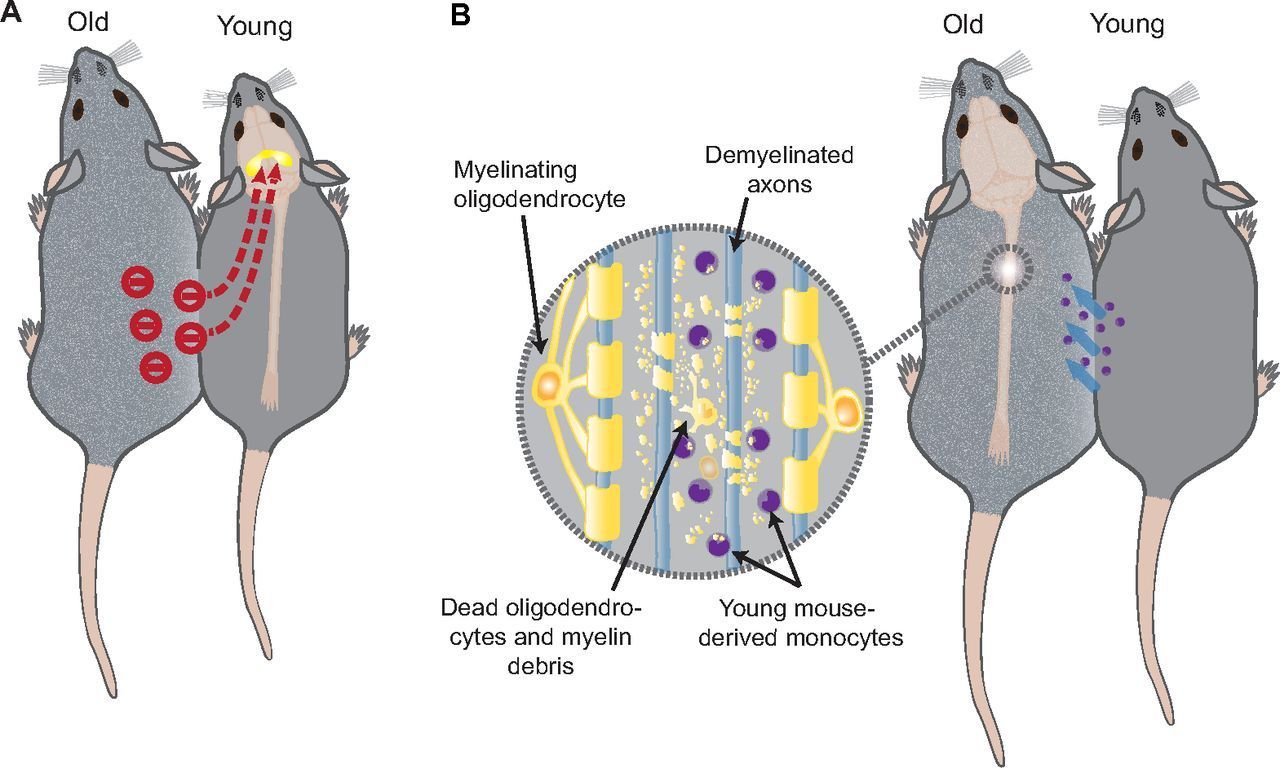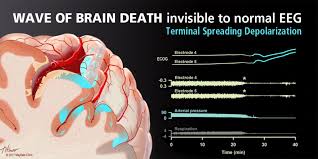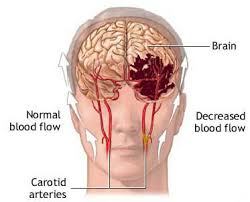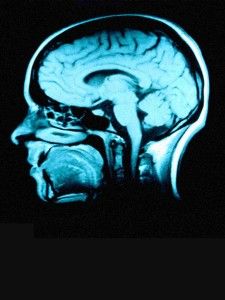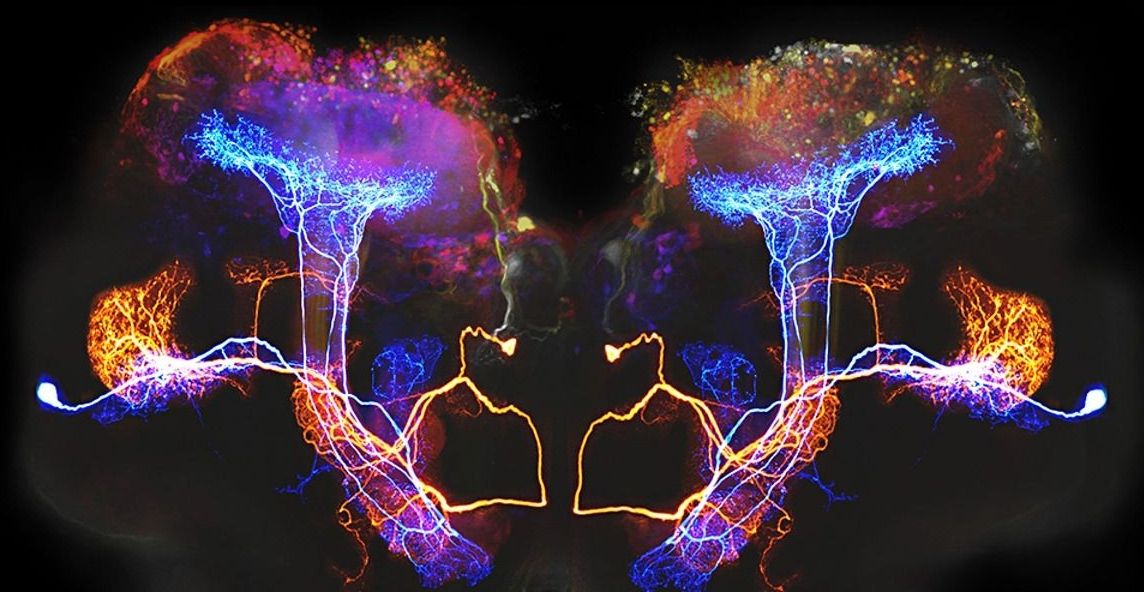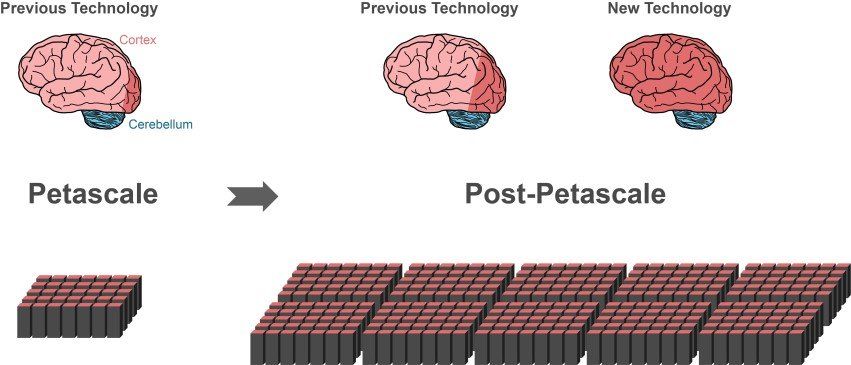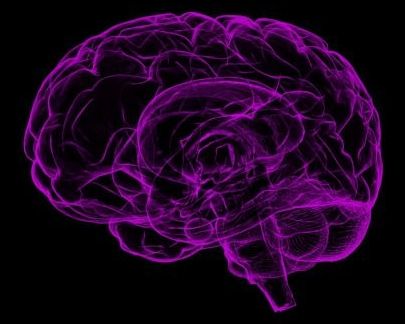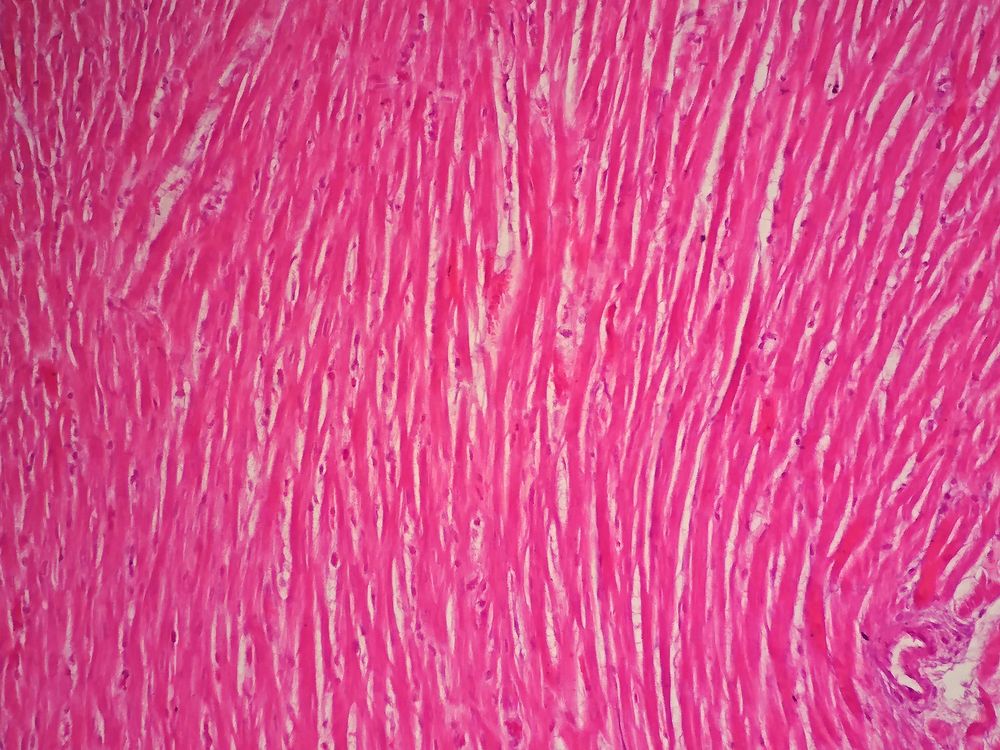It’s hard for us to accept the idea that the brain stops growing, despite the large body of scientific evidence supporting this idea. The often-repeated statistic, based on years of research, is that the brain stops developing around the age of 25. More recently, an international team of neuroscientists argued in Nature that the human brain stops producing new neurons at age 13. The response from the scientific community to this most recent study has been significant, to say the least.
In their paper, published Wednesday, the researchers write that their findings “do not support the notion that robust adult neurogenesis continues in the human hippocampus.” In other words, none of the hippocampus tissue samples from adult brains they examined showed evidence of new neurons. Infants’ brains grow lots of new neurons, they report, and older children’s brains slow down a little. Meanwhile, none of their adult samples showed evidence of new neurons. And this is what other scientists don’t agree with.
“They may just not have looked carefully enough,” Jonas Frisén, Ph.D., of the Karolinska Institute in Sweden, told STAT News on Wednesday. Frisén co-authored a paper in 2015 that contradicts the findings of the Nature paper. And Frisén isn’t the only one who thinks these researchers’ conclusion may be premature.
Read more
